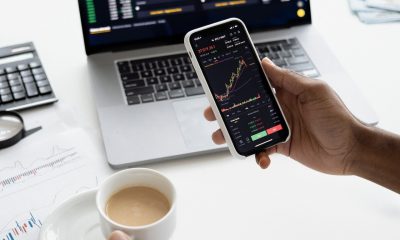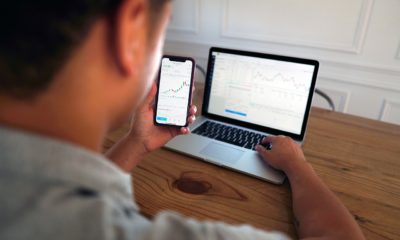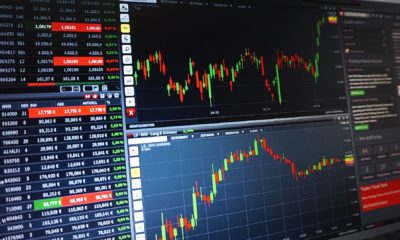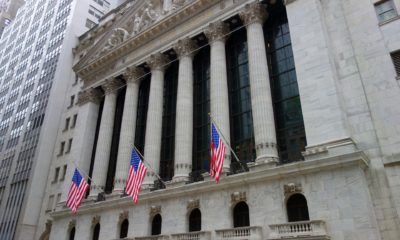Featured
Fundamental or technical? What analysis to use for trading
If you’re new to trading, here’s a guide on when to use a fundamental or technical analysis.
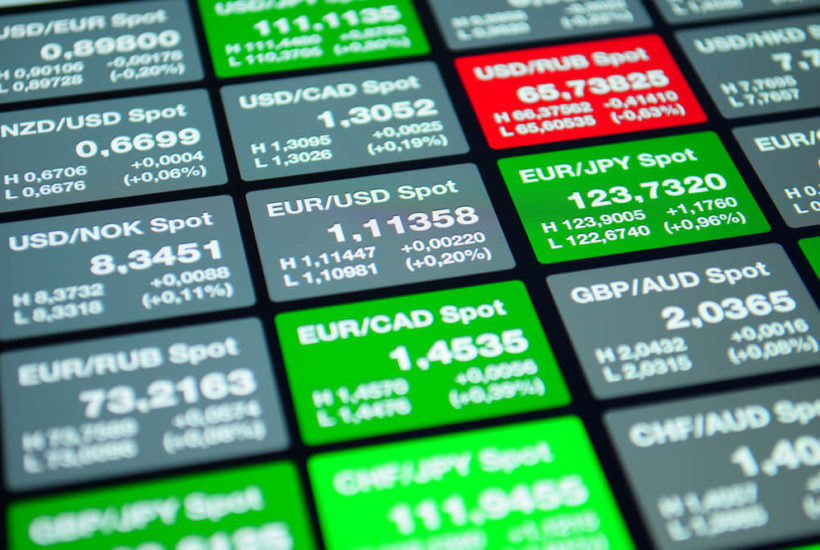
Evidently, both fundamental and technical analyses are important for trading. But when talking to experienced, successful traders, there is often no agreement on which is more important. Nor is there a consensus on how much emphasis a new trader should put on each.
Some traders will say they trade entirely technically, and only look at fundamental analysis for background. Others will largely ignore technicals and focus primarily on fundamentals.
Who’s right? Well, a lot of that, of course, has to do with style. Since beginner traders are not often sure what style they should pursue, or what will suit them best, it can be confusing. However, there are general observations that can help both budding and long term traders understand why some focus more on fundamentals and others on technicals.
It’s about the basics
What drives forex is fluctuations in the prices of currencies relative to each other and that means changes in their value. Currencies change value over time primarily due to underlying economic, political and social factors.
That’s what we call forex fundamental analysis. If a currency’s fundamental value changes because of a change in tax policy, economic situation, trade agreement, etc. then the currency pairs it is part of, will ultimately change.
On the other hand, demand for the currency also changes its value in relation to others. If people buy or sell a lot of the currency, it will change prices. These moves cause all those peaks and valleys in the currency charts and frequently are not related to fundamental issues. Of course, fundamental changes drive demand. However, small fluctuations in the currency value are often the product of who is coming to the market, and who is leaving.
The fundamental process
Fundamental changes in the value of a currency are often relatively significant and take a long time. The process of a country going into recession, for example, usually takes a few months. And, if it’s the only currency in that condition, it can cause considerable changes in the value of the currency.
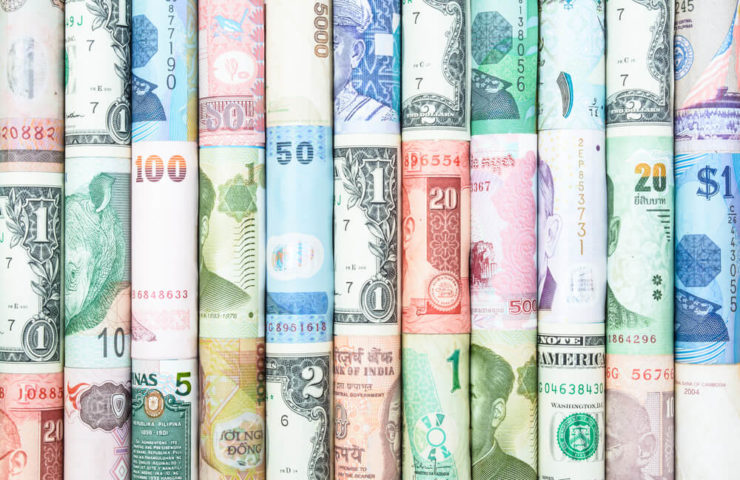
Currencies tend to change value over time due to factors such as economic, political, or social. (Photo by Wara1982 via Shutterstock)
On the other hand, if a country manages its economy well, the value of its currency can sometimes double or even triple over a few years. There are arguments for why that might not be a good idea for trade balance reasons and deflationary pressures. However, it might also be an inevitability for the country given economic realities, or other specific conditions that might mean such an outcome was desirable.
Technical changes
The market moves technically depending on the number of people willing to buy and sell at a particular time. If, for example, someone wants to sell a certain amount of a particular currency, they will sell to any available buyers at the current market price.
Once those buyers are exhausted, then the trader has to offer a lower price to get more buyers interested. That pushes the market down. Once the seller has exhausted all of the currency he wants to sell, anyone left who wants to buy will have to offer to buy at a higher price. This can happen in a matter of fractions of a second, depending on the volumes.
If there is the expectation that the currency value will go down, more people come on the market to sell. This pushes it down, and vice versa.
Day and long term trading
From the descriptions above, we can see that fundamental analysis aligns a lot more with long term trading. Day traders, on the other hand, are more interested in technical analysis. How long a trader holds onto his position on average will typically dictate how much focus he’ll have on fundamental analysis versus technical analysis.
Long-term traders might use technical analysis to determine the right moment to get into a longer-term trend they’ve identified with fundamental analysis. Contrarily, day traders might use fundamental analysis to get an idea of the trend but focus on technical analysis for their individual trades.
(Featured image by MaxxiGo via Shutterstock)
—
DISCLAIMER: This article expresses my own ideas and opinions. Any information I have shared are from sources that I believe to be reliable and accurate. I did not receive any financial compensation for writing this post, nor do I own any shares in any company I’ve mentioned. I encourage any reader to do their own diligent research first before making any investment decisions.

-

 Biotech5 days ago
Biotech5 days agoNew Molecular Clues Explain Aggressive Neuroblastoma and Point to Targeted Treatments
-

 Fintech2 weeks ago
Fintech2 weeks agoImpacta VC Backs Quipu to Expand AI-Driven Credit Access in Latin America
-

 Fintech2 days ago
Fintech2 days agoSwissHacks 2026 to Launch Inaugural Swiss FinTech Week in Zurich
-

 Impact Investing1 week ago
Impact Investing1 week agoClimate Losses Drive New Risk Training in Agriculture Led by Cineas and Asnacodi Italia
